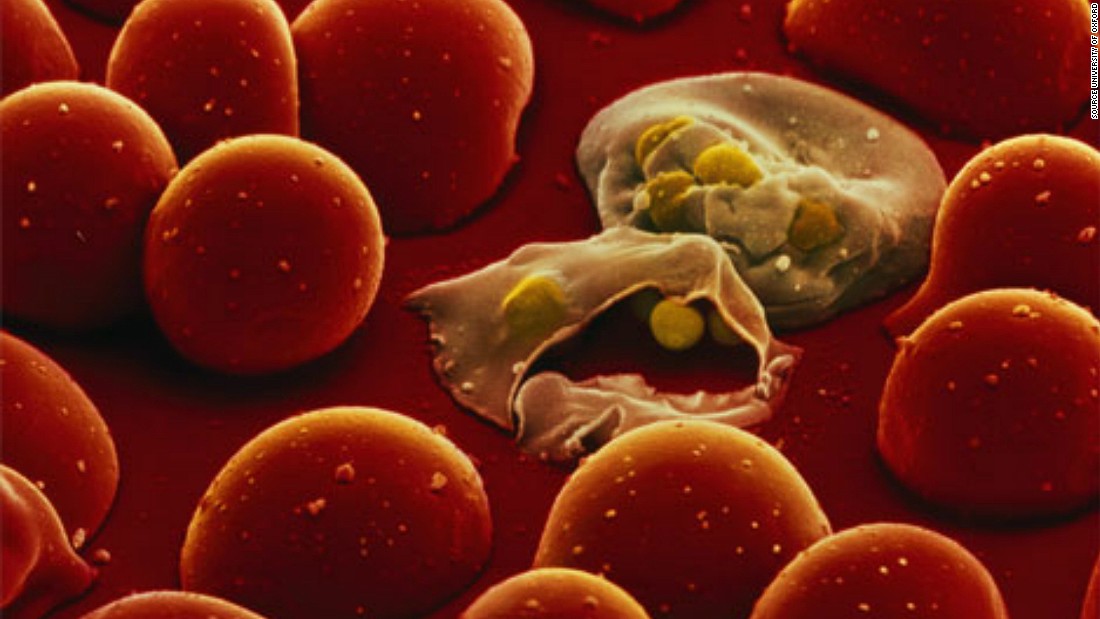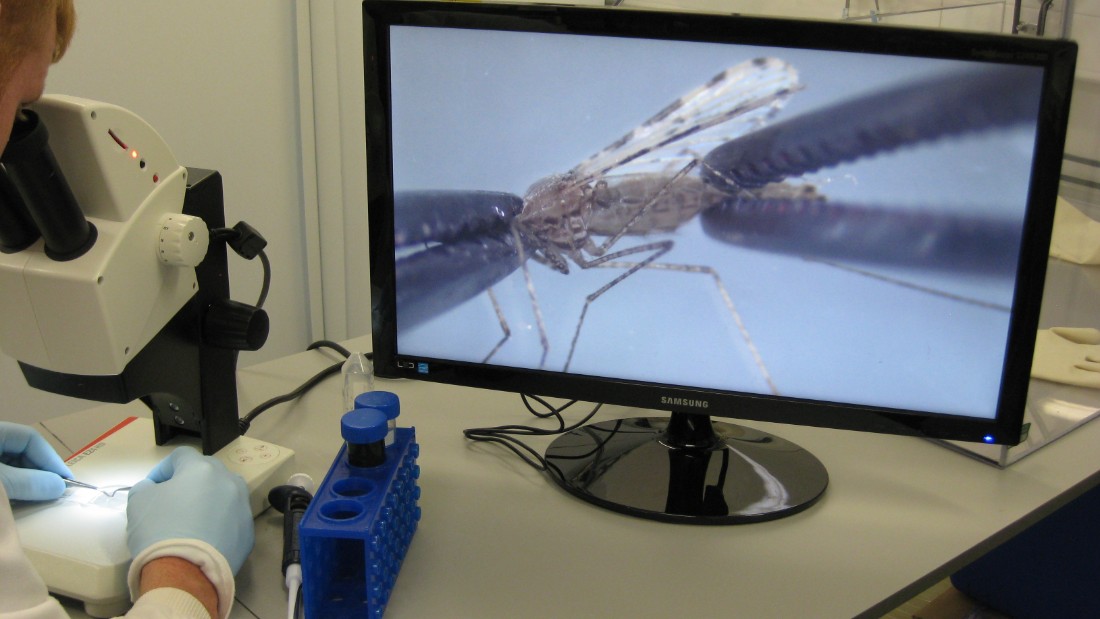

A Current Health Related Event or Issue
Headline: Does this doctor hold the secret to ending malaria?
Issued: 5:54 June 2 2016
By: Merra Senthilingam (from CNN)
Credit: CNN News
For this health event what is being taken place is that a group of doctors is looking for a cure to malaria, yet Professor Adrian hill is conjuring up a formula to protect us from a variety of diseases, from not only malaria but also HIV and tuberculosis, with this his formula could be able to protect us with this new class of vaccine unlike any other that is being used today, hill has yet to test this on humans not only on mice and monkeys.
yet hills desire to create vaccines such as this one was from a wish to stop one particular disease, malaria.
as young medical student hill aged 20 hill had gone to visit his uncle in Rhodesia and was shocked by the health issues there. over when he went to go visit his uncle there was so little medical care along with much of war going on at the time as well, hill's desire was then to be able to eliminate malaria that has affected 214 million people in 2015 and had caused nearly 430,000 deaths.
how this vaccine would work is that the vaccine would start up the immune system thinking that its being attacked having it start up with some antibodies being sent out, while it works it will seem that it will do the same effects such as fighting off measles or polio, generating antibodies that flag future infections for other immune cells to attack, yet there will be some challeges to over come it, "since malaria has over 5,000 genes giving it a small chance to be able to sort out the best known common ones to have it put in the vaccine" quoted hill yet once it has been found the genes create proteins once inside the body to kick start the immunity against the parasite
with this vaccine it will be injected into the arm, having it being the home of many groups of different known cells such as the T-cells, the T-cells would be the target hoping the vaccine will aim for, once injected it will have the ability to kill any cells infected as well being able to eliminate cancer cells, the only challenge will be is to be able to get enough of them.

No comments:
Post a Comment